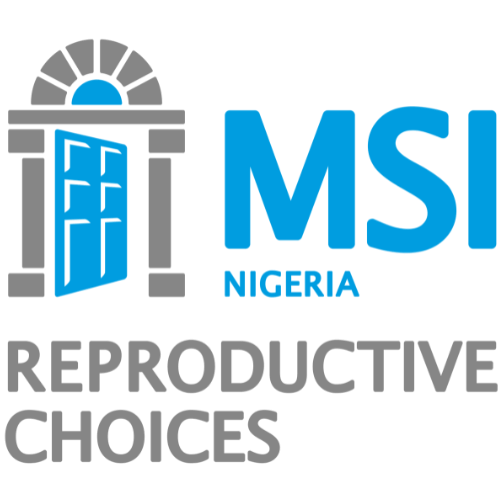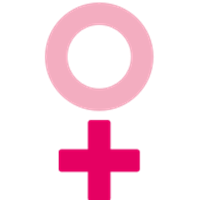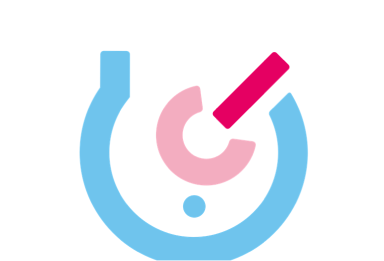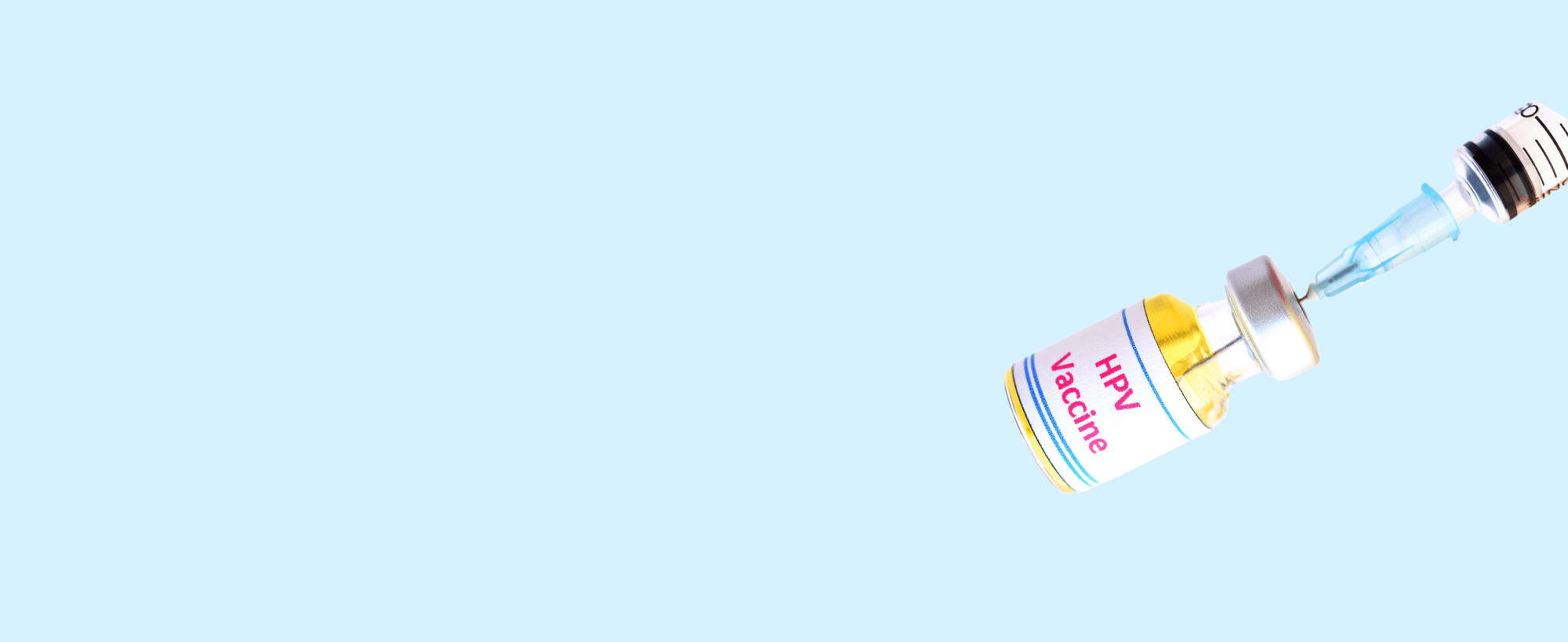
HPV Screening and Prevention
The HPV is the most common STI. Some types can cause health problems, including genital warts and cervical cancer. HPV vaccines can prevent some of the health effects HPV causes.
The human papillomavirus (HPV) vaccine helps protect against several strains of HPV that are most likely to cause:
- Cervical cancer, vagina cancer and vulva cancer in women
- Anal cancer
- Penile cancer
- Genital warts
- Throat cancer
Who should get the vaccine?
Almost everyone can have the HPV vaccine, including breastfeeding women. However, it is not suitable for pregnant women.
It is best to get vaccinated before you have sex for the first time, as it means that you are protected before any exposure to HPV. However, you will still benefit from the vaccine if you have already had sex and tested negative to the virus.
How is the HPV vaccine given?
The HPV vaccine is injected into the arm. The vaccine is recommended for people between ages 9-45.
- For ages 9-15, we recommend 2 shots of the vaccine within the space of 6 months. Vaccination at a young age provides the strongest immune response and the best protection against HPV infection.
- For ages 16 and above, we recommend 3 shots (the third is a booster shot) within the space of 6 months.
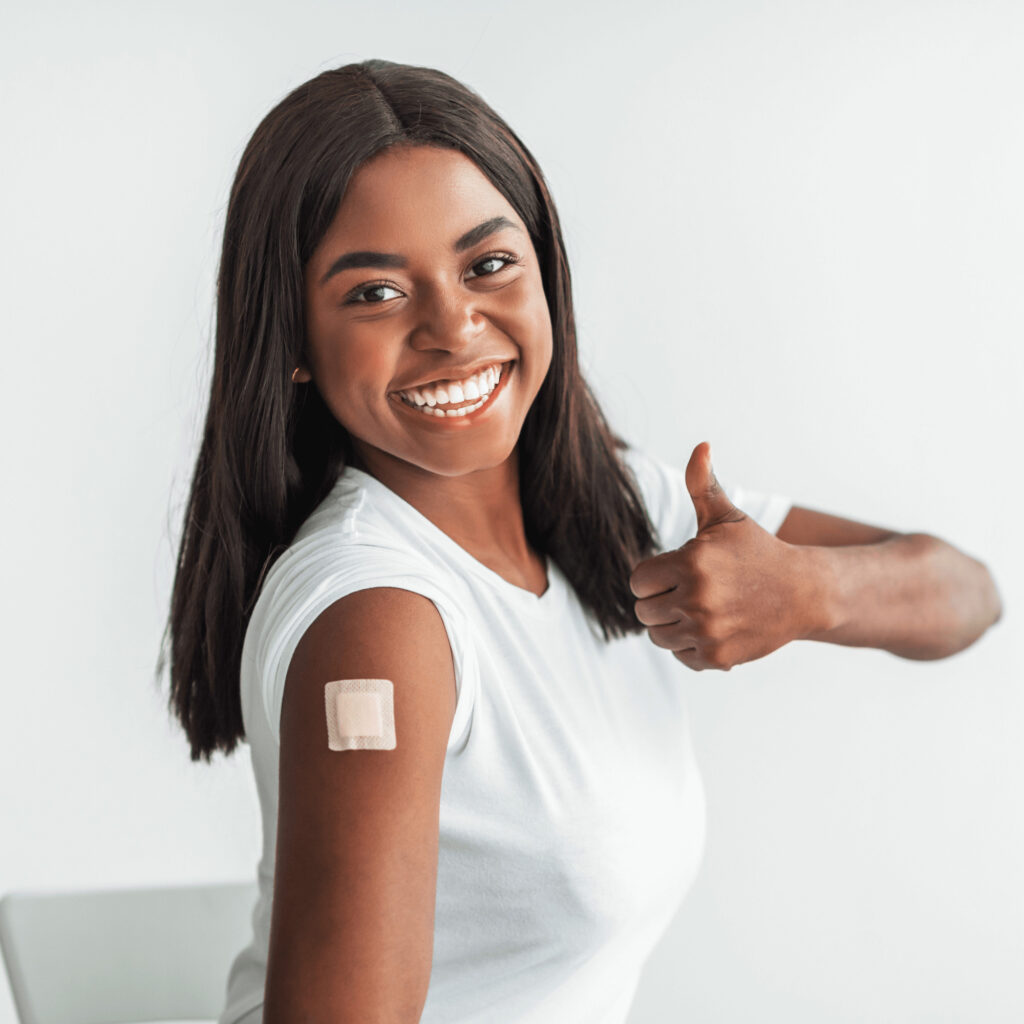
How many HPV vaccines are there?
1. Cervarix
Cervarix only protects against high-risk strains of HPV associated with Cervical cancer. It doesn’t protect you from the strains that cause genital warts.
2.Gardasil-4
Gardasil protects against infections associated with cervical cancers, anal cancers and many cancers that can affect the throat and genitals including genital warts.
3. Gardasil-9
Gardasil-9 shields against all the HPV strains including genital warts.
Book an appointment
If you’re ready to visit us, book an appointment to reduce your waiting time at the clinic.
Once you’ve filled out the form, a member of the team will be in touch to confirm your appointment.
Find a clinic
Find a clinic near you that offers the HPV vaccination.

